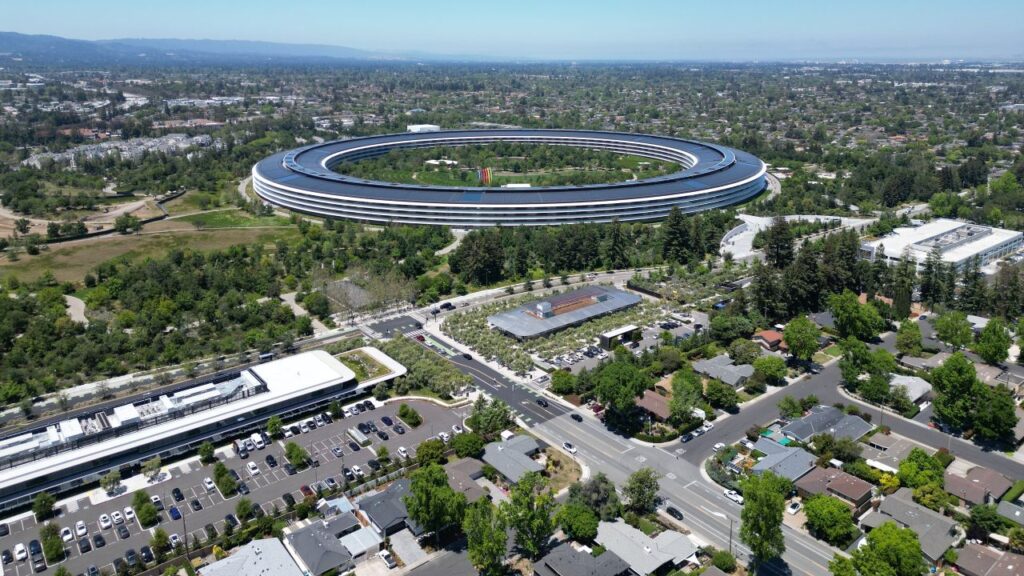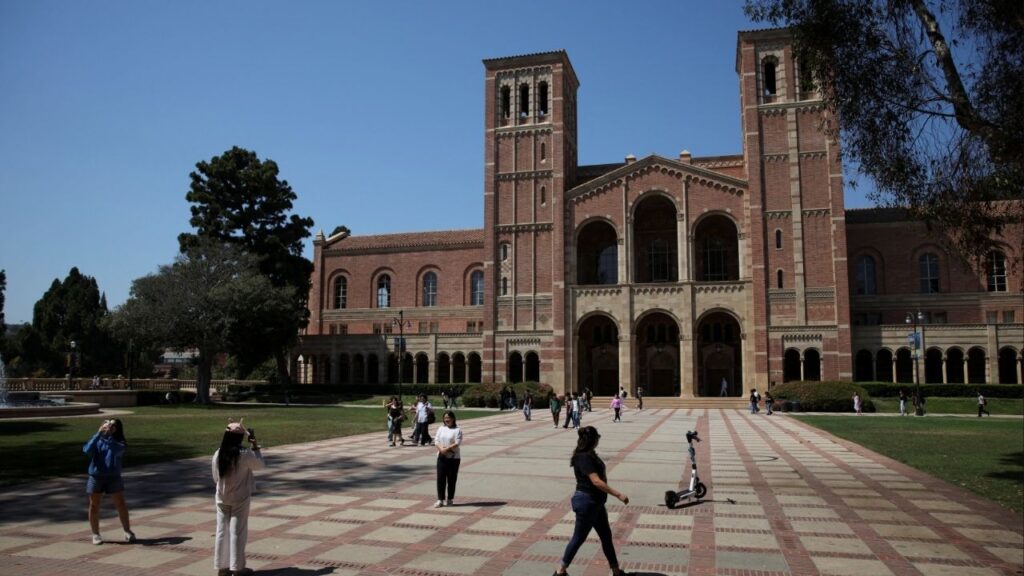Share
In the iconic movie “The Graduate,” a would-be mentor takes the new college graduate Dustin Hoffman aside and cryptically says, “I want to say just one word to you: plastics. There’s a great future in plastics.”
Today we are living that future: trillions of plastic items – single-use bags, straws, cups, bottles and pouches. While some items have reduced costs and aided our convenience, most are now choking our planet, killing marine life, and polluting our oceans, waterways and beaches. Some plastic items are recyclable, but many are not. And the glut of plastic is overwhelming our capacity to recycle these items.
While Californians have long been committed to recycling, our state government has not always advanced the cause. We have seen the closure of dozens of recycling and processing facilities not only because China closed its doors to U.S. recyclables, but because of a severe lack of domestic infrastructure, innovation and investment.
Consumers dutifully fill their recycling bins, unaware that much of this material has nowhere to go. Absent a sustained focus on eliminating the use of some types of plastic and reducing others, the problem grows more urgent by the day.
Some plastics are an inescapable part of our lives, but we must take greater responsibility for their use. That starts with policymakers and regulators. Some uses of plastic should end, while others are necessary and truly add value, including for the environment. Some should be recycled and reused, rather than disposed of.
For example, plastics are essential in making today’s cars lighter and more fuel-efficient. Up to 50% (by volume, not weight) of modern vehicles is made up of plastics. In California, much of this plastic is recoverable by the auto-shredding facilities that process the more than 1.5 million vehicles in the state that reach the end of the road each year. If there were a viable domestic market for these materials, auto-recycling facilities by themselves could recover thousands of tons of plastic that are now going to landfills.
Californians over the years have enthusiastically embraced recycling and the state’s environmental goal was to reach a 75% recycling rate by this 2020. But our recycling activities have been diminishing, not increasing.
One of the Only Remaining Healthy Parts of the California Recycling Industry Is Scrap-Metal Recycling
A recent case study helps illustrate the problem. California once recycled millions of used oil filters. Unfortunately, the state Department of Toxic Substances Control effectively put the state’s used oil-filter recycling industry out of business. The department unnecessarily classified the drained used oil filters as hazardous waste based on the tiny amount of oil that remained trapped inside them. Trucking companies that had been transporting the filters to the recycling facilities then stopped doing so. With no product to recycle, the largest oil-filter recycling plants ceased operation.
One of the only remaining healthy parts of the California recycling industry is scrap-metal recycling. For more than 50 years, the industry has safely and efficiently processed millions of tons of scrap metal each year, including used household appliances, vehicles and myriad other forms of recyclable metal.
Now, even this vital sector of the recycling industry is threatened by regulatory action. The Department of Toxic Substances Control is preparing to designate metal-recycling operations that shred old cars and appliances as “hazardous-waste treatment” facilities – even though scrap metal is specifically exempted under the Hazardous Waste Control Law. Even more ironic, these metal-recycling facilities are the very same facilities that may someday provide an answer to plastics recycling when a more robust domestic infrastructure is developed.
The state of California must urgently address the growing deficiencies in our recycling capabilities, including ways to stimulate market demand for recycled materials. State government should be in the business of solving problems, not causing new ones. Without the infrastructure and markets to support recycling of these items and many other kinds of recyclables, these materials will continue to be disposed of in landfills or mismanaged in ways that squander valuable resources and threaten the environment.
Californians deserve government policies that advance our shared environmental values. At a minimum we should demand that state regulators do no harm. They need to take a practical and reasonable approach to recycling, not engage in actions that make it harder, if not impossible, for recycling facilities to remain in operation.
About the Authors
Winston Hickox was secretary of the California Environmental Protection Agency from 1999-2003 under Democratic Gov. Gray Davis. His email is whickox@calstrat.com. James Strock was the founding secretary of CalEPA from 1991-97 under Republican Gov. Pete Wilson. He can be reached at info@servetolead.org.
The authors wrote this for CalMatters, a public interest journalism venture committed to explaining how California’s Capitol works and why it matters.
Categories

Fresno Stabbing Leaves Man Dead, Suspect at Large


















